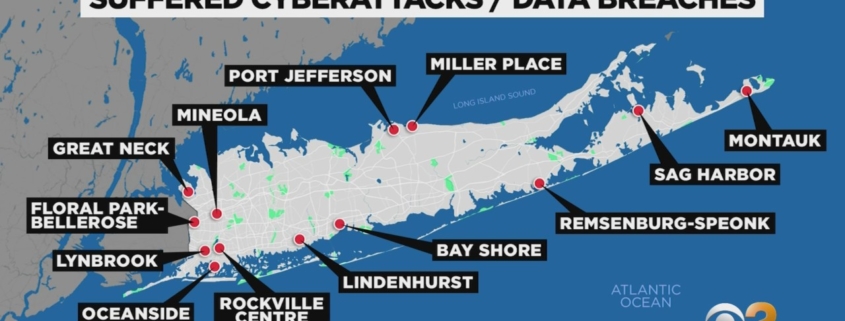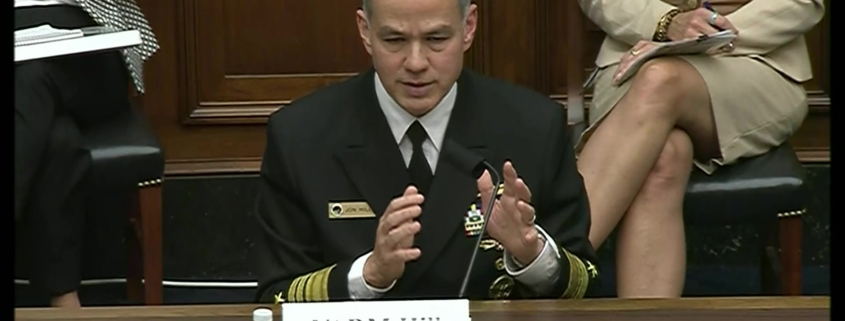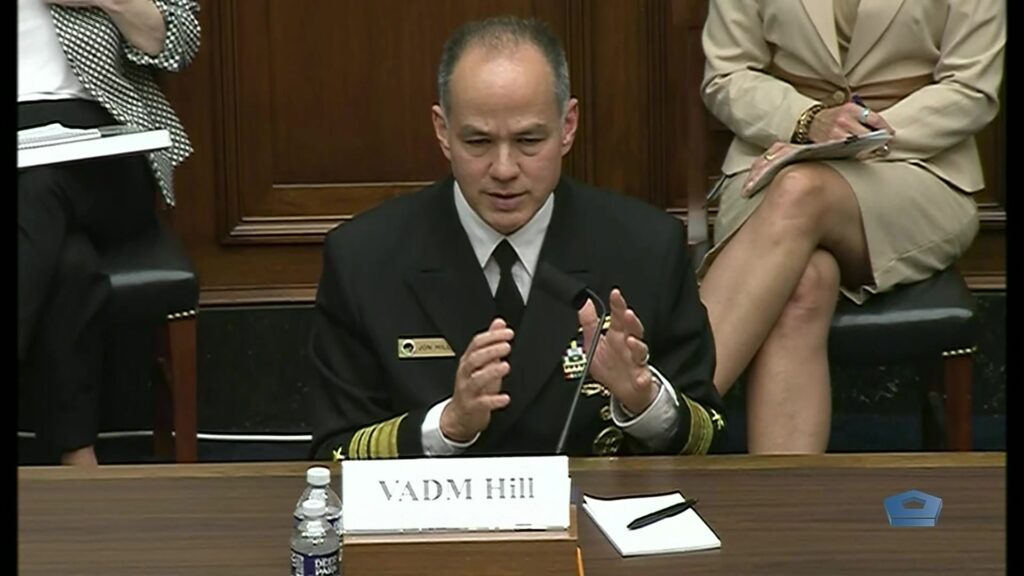Federal Cash Help Protect School Districts From Cyberattacks, Ransomware – Breaking News, Sports, Weather, Traffic And The Best of NY

Connecticut Desperately Trying To Hire Snow Plow DriversThe state is looking to hire about 140 drivers to address a 13% shortage.

Pandemic Food Insecurity Means Holiday Giveaways Needed This Year More Than EverThe pandemic left millions of New Yorkers hungry. A new report finds 1 in 7 city residents struggled with food insecurity, with the Bronx hit the hardest. CBS2’s Jenna DeAngelis reports.
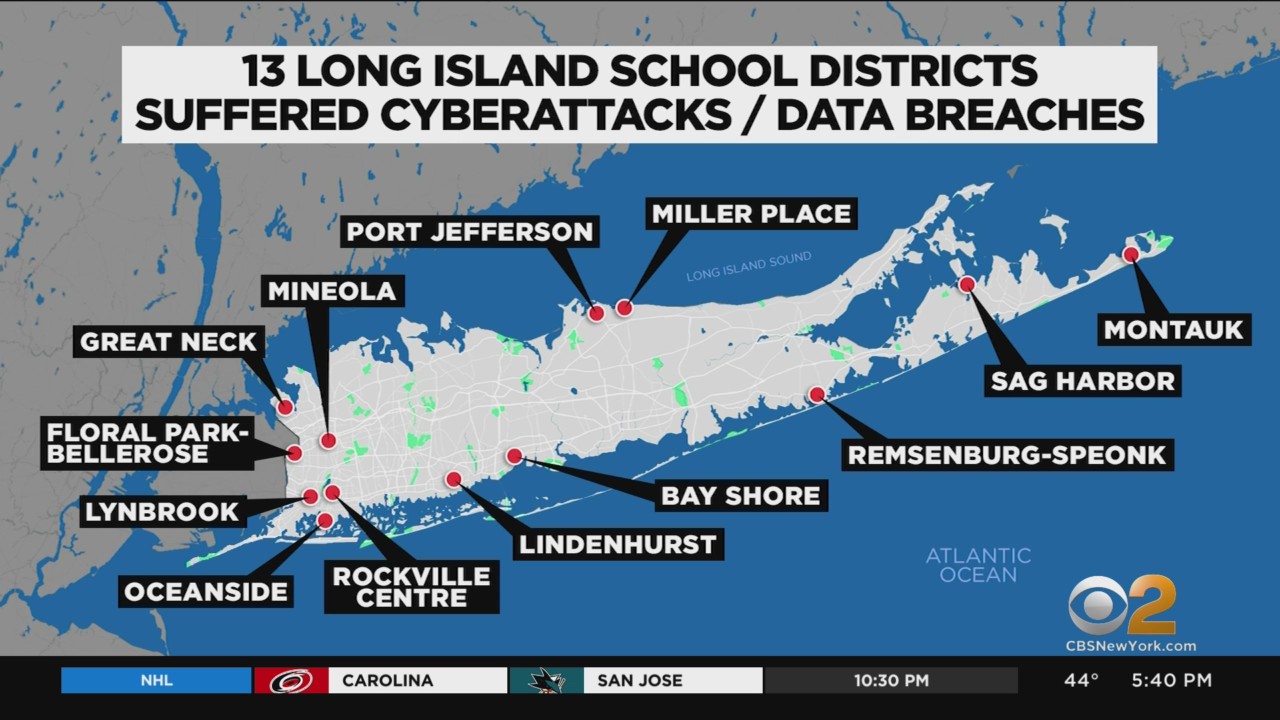
Federal Cash Help Protect School Districts From Cyberattacks, RansomwareCyberattacks against school systems are becoming more damaging and aggressive with threats of extortion, unless ransom is paid. CBS2’s Jennifer McLogan reports.

Statue Of Thomas Jefferson Removed From City Council ChamberThe statue was taken down from its pedestal to be moved to the New York Historical Society.
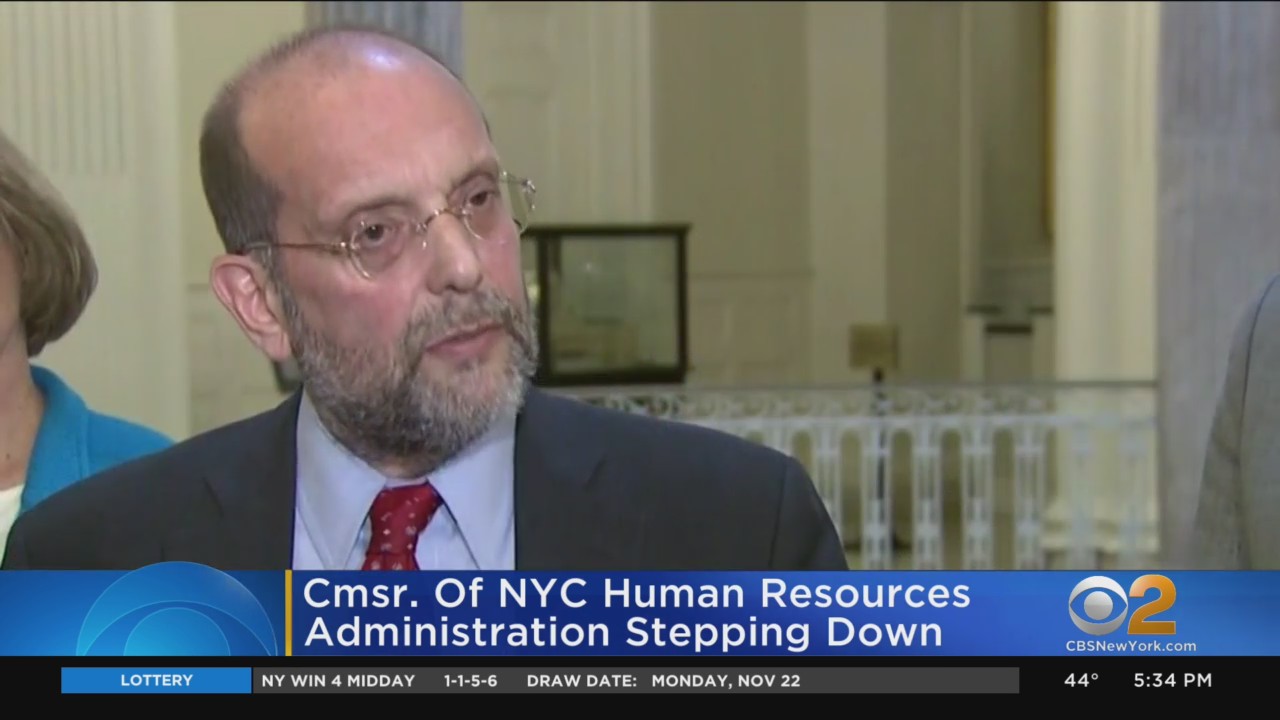
Department Of Social Services Head Steven Banks To ResignSteve Banks, who originally joined the de Blasio administration as commissioner of the Human Resources Administration in 2014 and went on to lead the Department of Homeless Services as part of the joint management structure called the Department of Social Services, is resigning.
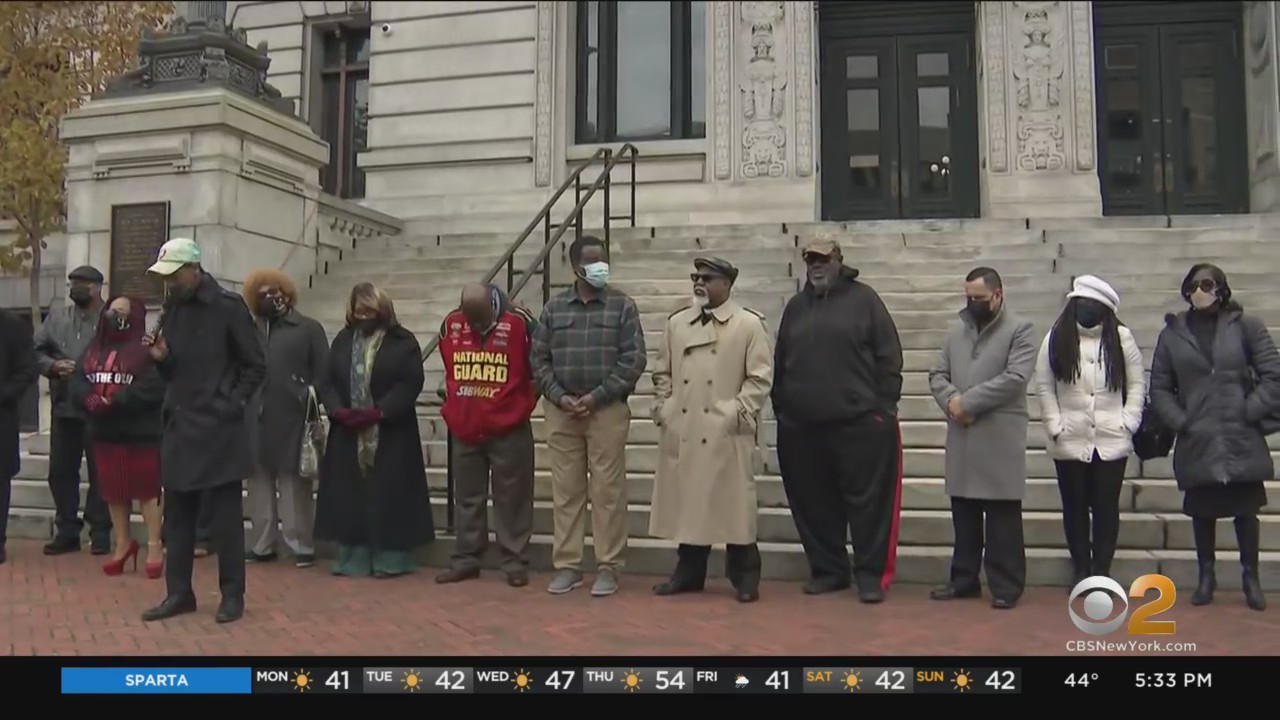
Faith Leaders Call On Newark Residents To Be Vigilant In Face Of Recent Spike In ShootingsResidents in New Jersey’s largest city are still reeling after a recent rash of gun violence. Police have increased patrols, but residents are being urged to do their part. CBS2’s Aundrea Cline-Thomas reports.
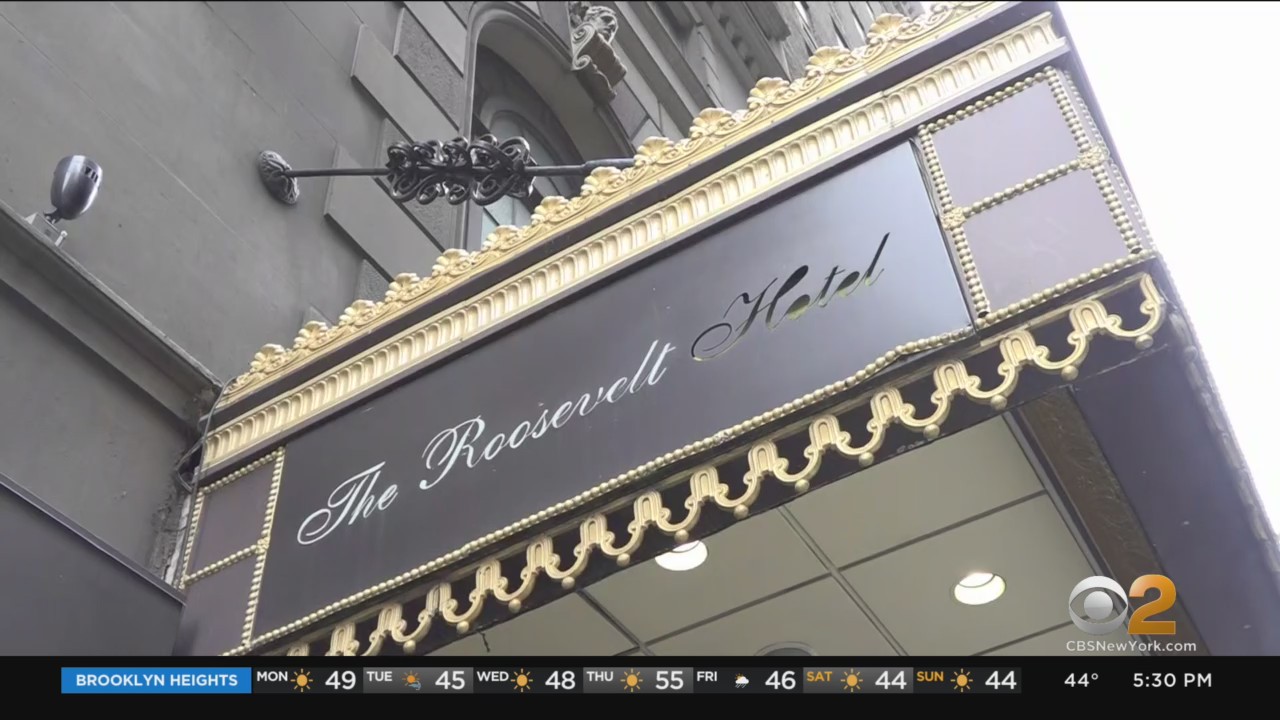
Longtime Employees Say Roosevelt Hotel Remains Shut DownThere are accusations of employee mistreatment at one of New York City’s most famous hotels. CBS2’s Jessica Moore reports.

Village Of Ossining Awarded $10 Million As Part Of Downtown Revitalization InitiativeIn popular culture it’s known as the home of Sing Sing, and the place where Don and Betty Draper lived at the start of “Mad Men.” In real life, the village of Ossining is a suburban hot spot, with a downtown that’s about to get a huge infusion of cash. CBS2’s Tony Aiello reports.

How To Gather For Thanksgiving SafelyFamilies that missed out on Thanksgiving 2020 are looking forward to gathering again. But with new…
